11 Subtle Warning Signs Your Kidneys Are Asking For Help
Your kidneys work quietly in the background—filtering waste, balancing fluids, and supporting blood pressure. But when something’s wrong, they rarely make it obvious at first. Many early signs of kidney distress are subtle, easy to overlook, or mistaken for something else entirely. Catching these clues early can make all the difference, especially since kidney issues often progress silently. These 11 under-the-radar symptoms may be your kidneys asking for attention—before it’s too late to listen.
1. Persistent Fatigue

Kidneys quietly handle some of the body’s most critical jobs—filtering waste, balancing minerals, and producing hormones that influence red blood cell production. When they begin to falter, toxins accumulate in the bloodstream, silently sapping your energy. The result? A deep, unrelenting fatigue that rest can’t fix. You might feel sluggish all day, struggle to get out of bed, or notice your concentration slipping. This exhaustion isn’t like being tired after a long day—it’s a cellular-level depletion. If your fatigue feels out of sync with your lifestyle or sleep, your kidneys might be signaling that they’re struggling to keep up.
2. Puffiness Around the Eyes
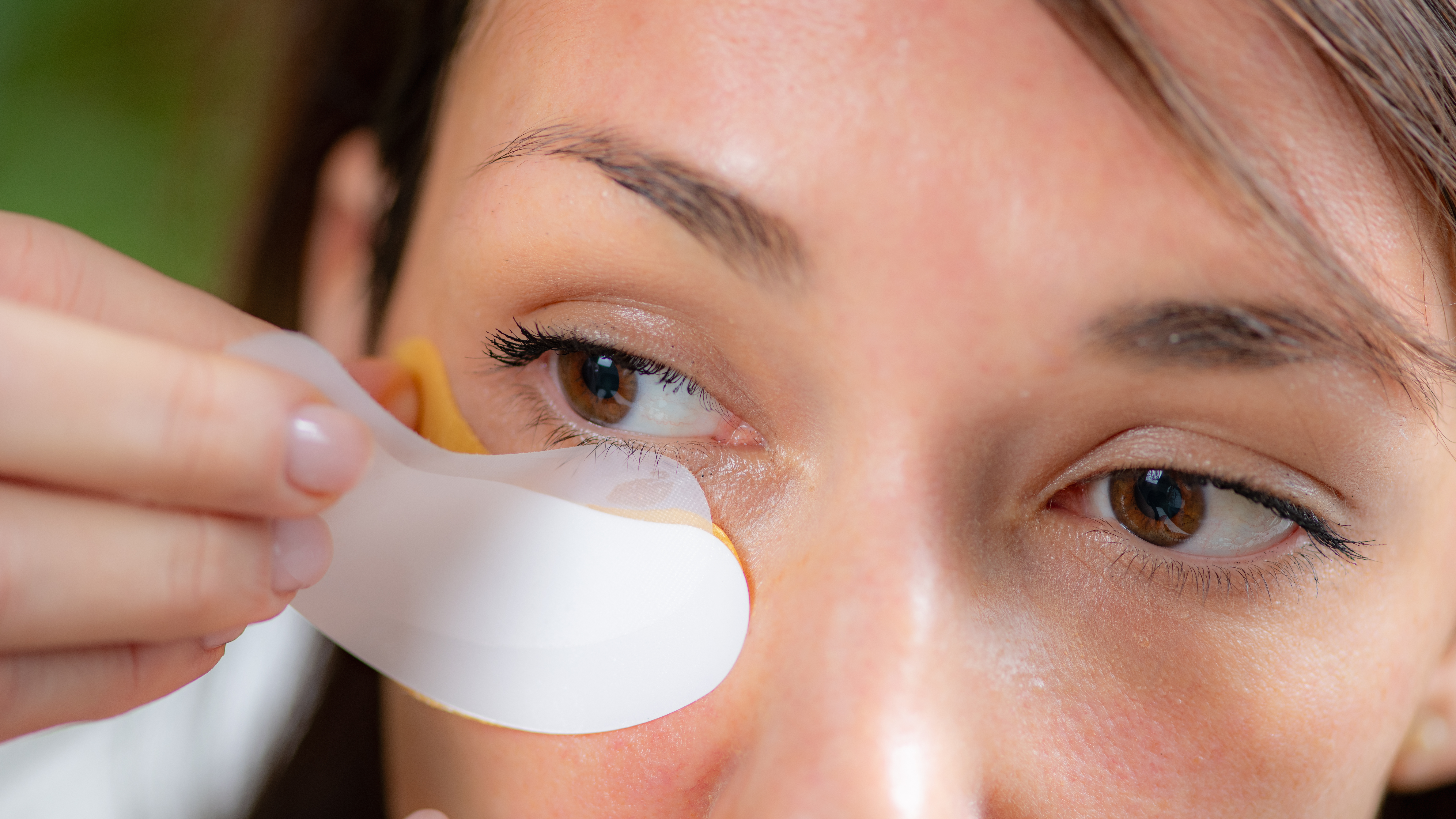
It’s easy to dismiss morning puffiness as a bad night’s sleep or too much salt, but swelling around the eyes—especially when it becomes consistent—can signal something deeper. When kidneys are damaged, they may allow protein to leak into the urine instead of keeping it in the bloodstream. This loss of essential protein can cause fluid to accumulate in tissues, particularly in the delicate skin around your eyes. The result is that telltale morning puffiness that doesn’t go away easily. If you notice swollen eyelids alongside other subtle health changes, don’t overlook it—it may be one of your kidneys’ earliest distress signals.
3. Foamy or Bubbling Urine
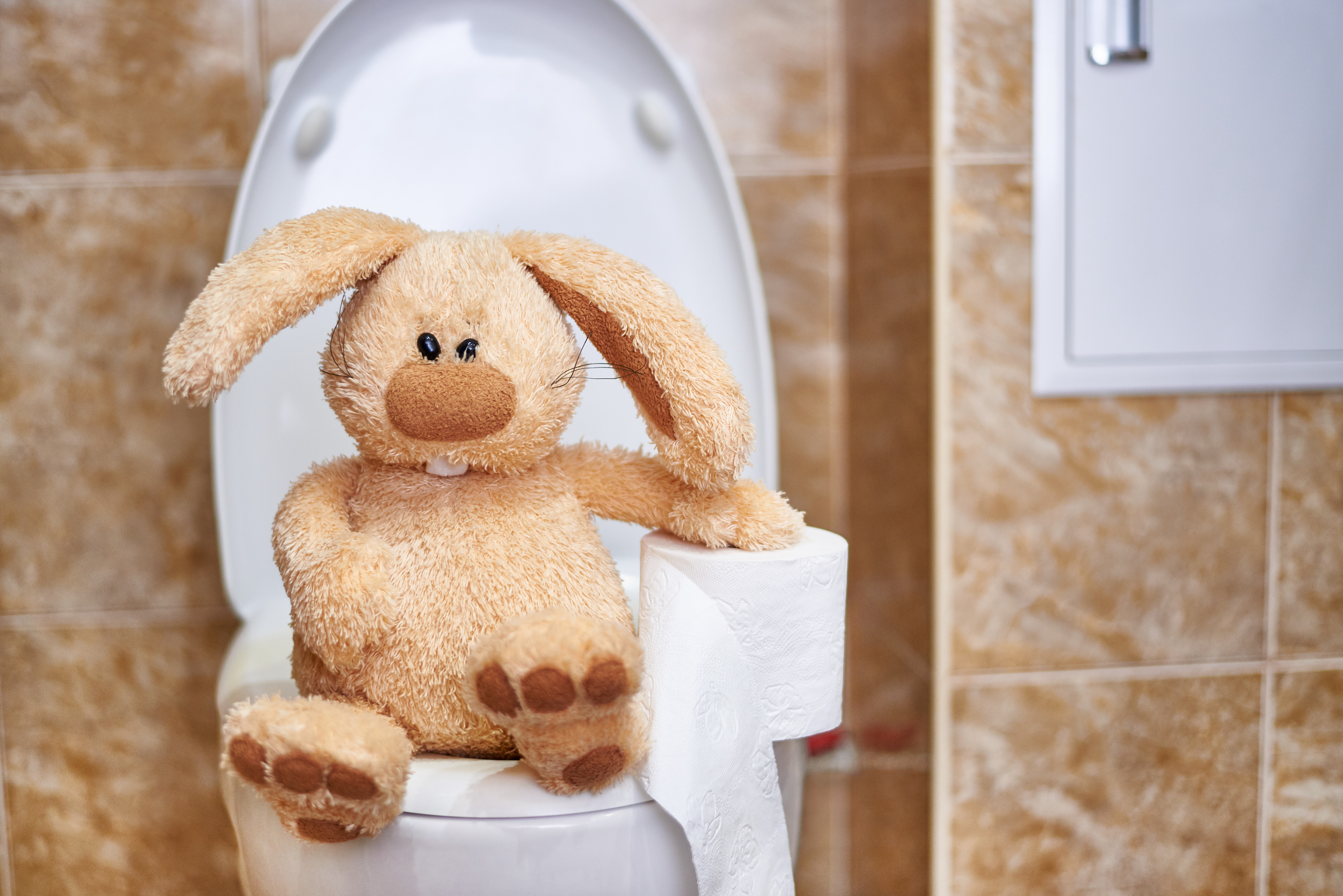
Not all signs of kidney trouble come with pain or visible illness—some show up in the most routine moments, like a trip to the bathroom. Urine that appears excessively foamy, bubbly, or frothy may indicate that protein is spilling into your urine, a condition known as proteinuria. Healthy kidneys act as precise filters, but when they're damaged, those filters weaken and allow essential proteins to pass through. This early clue often goes unnoticed unless you’re looking for it, yet it can be a vital signal of kidney dysfunction. If your urine looks different for more than a few days, it’s worth a second glance—and a conversation with your doctor.
4. Swollen Ankles or Feet
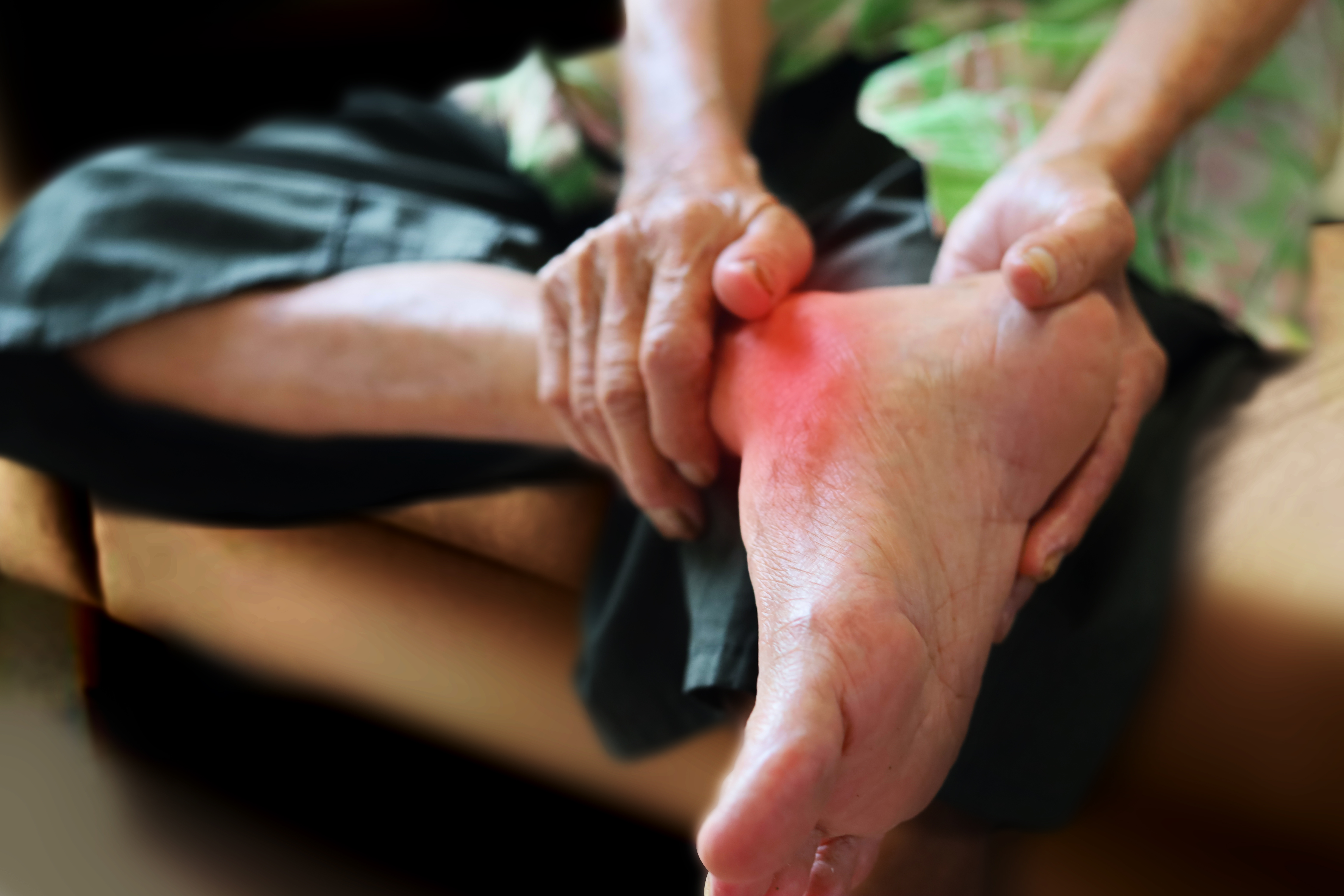
If your lower legs or ankles seem unusually swollen—especially by evening—it could be more than just poor circulation or salty food. When kidneys lose the ability to properly regulate sodium and water, fluid can build up in the tissues, particularly in gravity-prone areas like the feet. This swelling, or edema, can leave sock marks, tight shoes, and a heavy, bloated sensation. It might ease with rest or elevation, but if it becomes a pattern, your kidneys could be the underlying issue. Ignoring it may allow a manageable condition to silently worsen. Think of it as your body asking you to pause and investigate.
5. Changes in Urination
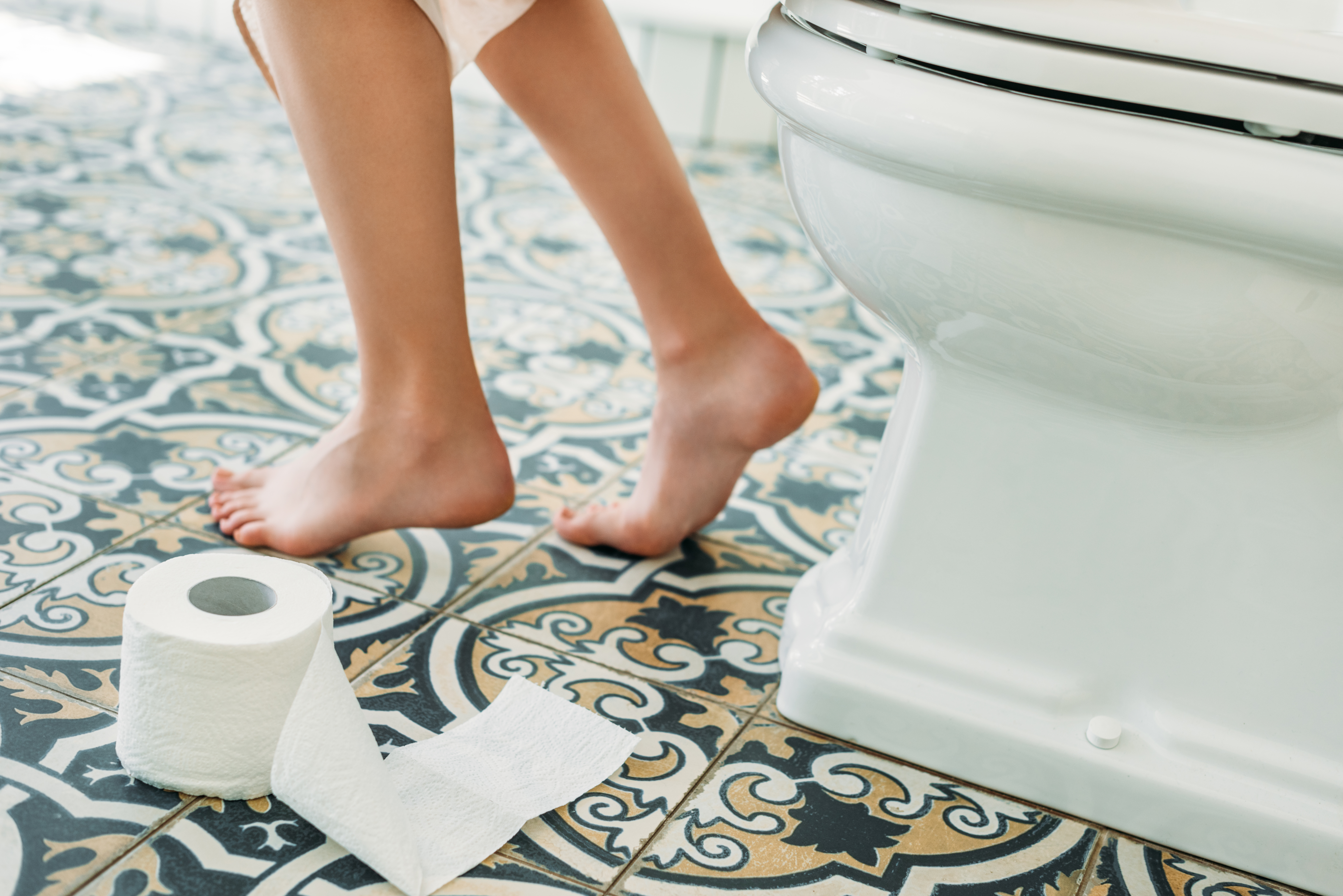
Because your kidneys create urine, any unusual shift in your bathroom habits could be worth noting. That includes urinating far more—or far less—than usual, especially at night. The color may change, turning dark, cloudy, or unusually pale. You might notice a strong odor, a burning sensation, or difficulty beginning or finishing. These subtle disruptions are easy to write off, but they often reflect real stress on your kidneys. In particular, frequent nighttime urination or sudden urgency could be signs of impaired filtration. Paying attention to what’s in the toilet bowl might not feel glamorous—but it can offer a critical look at what’s going on inside.
6. Muscle Cramps (Especially in Legs)

A charley horse here and there isn’t unusual. But if you’re getting frequent or severe muscle cramps—especially in your legs—it may point to something systemic. The kidneys help regulate levels of key minerals like calcium, phosphorus, and potassium. When that balance is disrupted due to declining function, muscles become more prone to misfiring. These cramps can feel sudden, painful, and persistent, and are often dismissed as dehydration or overexertion. But if you’re otherwise healthy and cramps keep recurring without a clear trigger, your electrolyte balance—and kidney function—might be behind it. It’s your body’s quiet way of signaling that something’s off.
7. Shortness of Breath

If you find yourself winded climbing stairs, walking to the car, or even at rest, it might not just be lack of fitness. When kidney function declines, fluid can accumulate in the lungs, making it harder to breathe. Additionally, your kidneys help produce erythropoietin, a hormone that prompts red blood cell production. Without it, anemia can set in—reducing oxygen delivery throughout your body and causing breathlessness. This shortness of breath can sneak up gradually and is often chalked up to stress or aging. But if it’s new, persistent, or out of proportion to your activity, it’s worth asking whether your kidneys are involved.
8. Dry or Itchy Skin
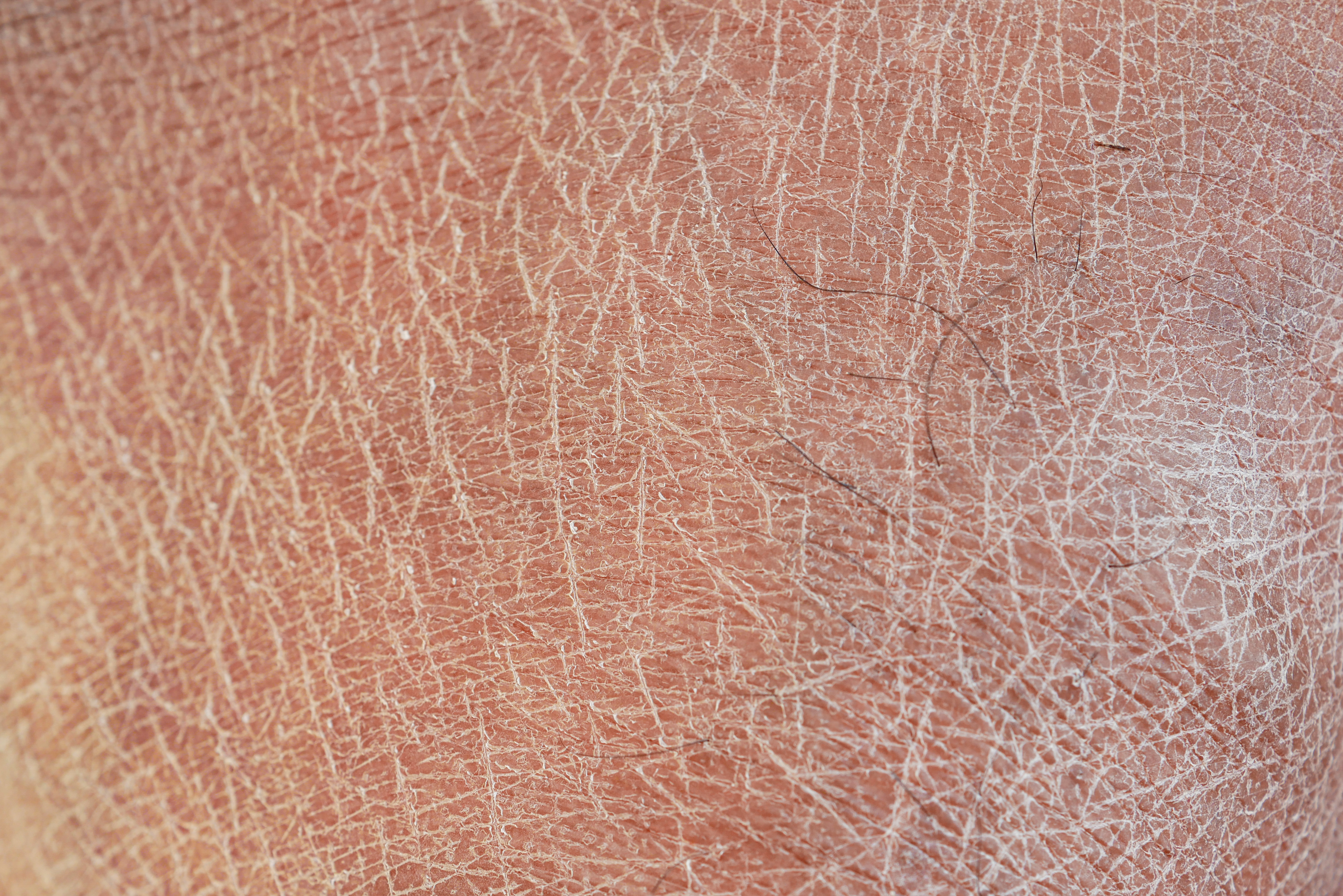
Skin can reveal a lot about what’s happening inside the body—and chronic, unexplained itchiness might be more than a minor nuisance. Healthy kidneys regulate minerals like phosphorus and help remove waste from the bloodstream. When they’re impaired, those wastes can accumulate and trigger intense skin irritation, even without a rash. This kind of itch isn’t usually responsive to moisturizers, and it may feel deep or generalized rather than localized. Over time, it can disrupt sleep, concentration, and comfort. If your skin feels persistently dry, itchy, or irritated—especially along with other signs of internal imbalance—it could be a sign your kidneys aren’t keeping up.
9. Metallic Taste in Mouth or Ammonia Breath
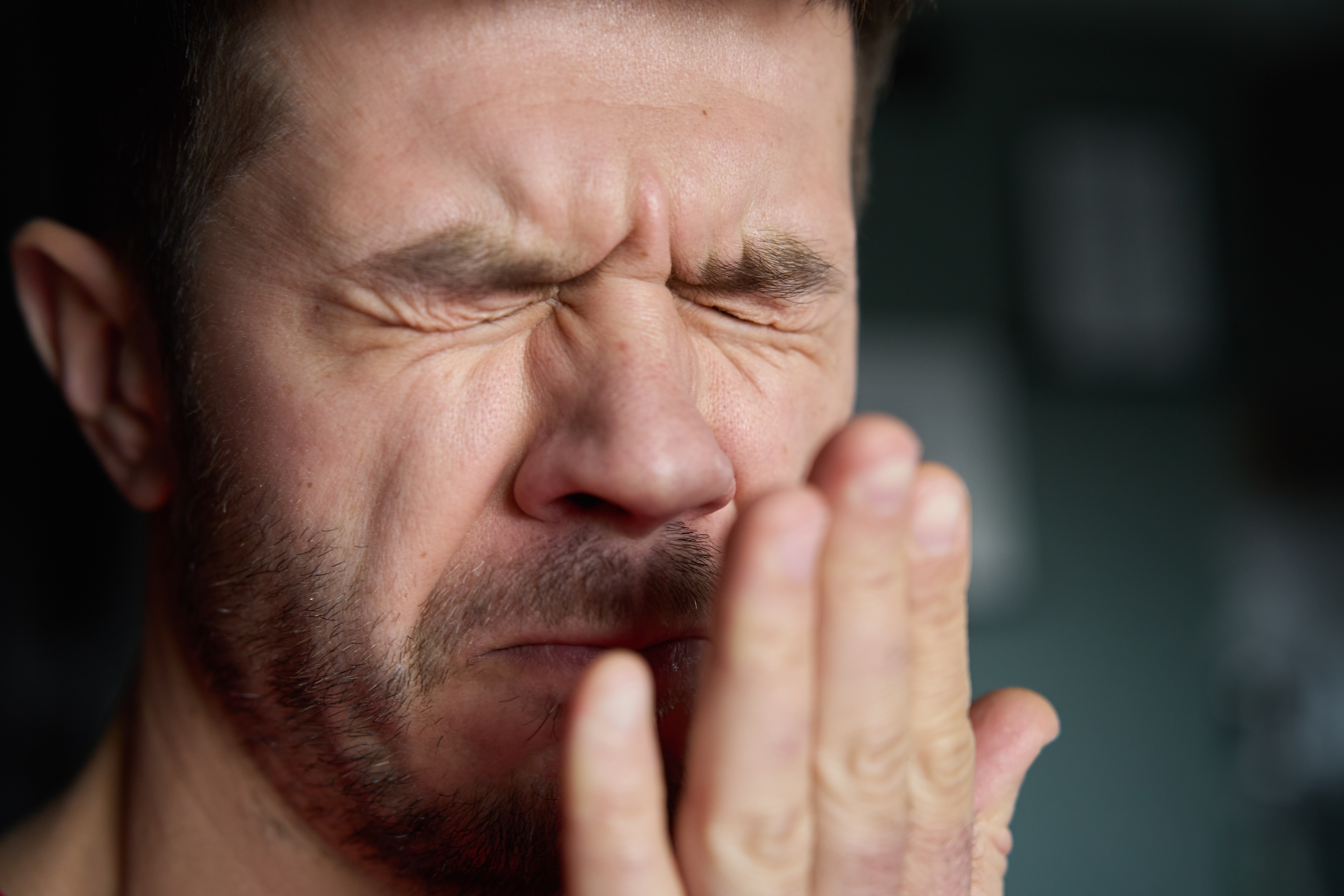
If your favorite foods suddenly taste different—or you notice a strange metallic aftertaste or bad breath that doesn’t resolve with brushing—it could point to rising toxin levels in your bloodstream. This happens when underperforming kidneys can’t fully eliminate waste products like urea. As urea breaks down, it produces ammonia, which can alter your taste and give your breath a sharp, chemical smell. Many people mistake this for dental problems or poor hygiene, but it’s often a deeper metabolic issue. Left unchecked, this symptom may worsen and affect appetite and nutrition. It’s a small but significant way your kidneys may be calling for attention.
10. Trouble Concentrating

A mind that feels muddled, slow, or distracted might not just be due to sleep or stress. Impaired kidney function can lead to a buildup of toxins in the blood, which affects the brain’s ability to process information clearly. Additionally, anemia—common in kidney disease—means less oxygen is reaching the brain, compounding feelings of fogginess and memory issues. If you're normally sharp and find yourself struggling to focus, recall details, or stay mentally present, it's worth considering if there's a physiological root. Often, brain fog is dismissed or minimized—but in the context of kidney health, it may be a key clue.
11. High Blood Pressure That Won’t Budge

The relationship between kidneys and blood pressure is a two-way street. Not only can high blood pressure damage your kidneys over time, but declining kidney function can also lead to elevated blood pressure that refuses to respond to lifestyle changes or medication. Kidneys help regulate blood volume and produce hormones that influence vessel constriction. When they begin to fail, these processes go awry. If your readings stay high despite your best efforts—or if your doctor can’t pinpoint a cause—it may be time to assess your kidney function. Silent, resistant hypertension is one of the more insidious early flags of renal stress.
Your kidneys won’t ring alarm bells—but they will whisper. Recognizing these early signs can lead to faster diagnosis, better treatment, and even prevention of long-term damage. If these symptoms sound familiar, it’s time to check in—not just with your body, but with your doctor. Because silent doesn’t mean safe.
